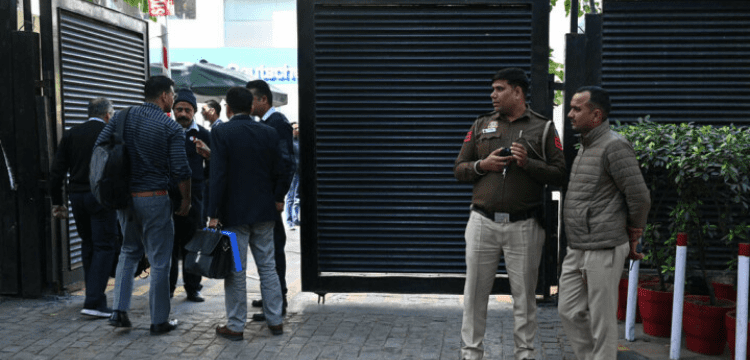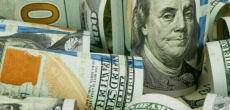[vc_row][vc_column][vc_column_text dp_text_size=”size-4″]While an investigation at the British broadcaster’s headquarters in New Delhi and Mumbai reached its third day on Thursday, two sources told Reuters that Indian tax inspectors looked at laptops and mobile devices used by some editorial and administrative staff at the BBC.
Witnesses said that tax officers had remained at the BBC’s headquarters since the surprise inspection began on Tuesday, some even sleeping there. Others said that certain employees were questioned into the night about financial transactions. The owners of the gadgets were reportedly asked for the access credentials, according to a source who spoke to Reuters. “They (officials) requested some of us to open their computers and hand in phones and then handed them back,” the source added. A second source provided similar information.
The tax department’s move comes just a few weeks after the government expressed its ire over a BBC documentary that questioned Prime Minister Narendra Modi’s involvement in the fatal sectarian riots in Gujarat in 2002, when the Hindu nationalist leader was the state’s chief minister. The government labelled the film “India: The Modi Question” as propaganda and forbade its spreading on social media and streaming.
The BBC has maintained the accuracy of its reporting, which looked into one of the worst incidents of religious violence to occur in India in contemporary times. During the bloodbath, at least 1,000 people—mostly Muslims—died, though activists estimate that figure to be more than twice as high. The BBC has stated that it is “completely cooperating” with tax authorities, and director of BBC World Service Liliane Landor advised workers in an internal message to “not erase or conceal any information on any of your devices” and to answer questions honestly.
Although a government official denied that the tax survey was “vindictive,” saying it was connected to transfer pricing regulations and alleged profit diversion, the tax department has not released a statement or replied to requests for comment. The BBC has previously received tax notices, according to Kanchan Gupta, a senior adviser at the Ministry of Information and Broadcasting, but had not given a “convincing response.”
Regarding transfer pricing regulations, certain multinational businesses had recently come under income tax scrutiny; nonetheless, a number of media organisations and rights’ groups criticised the BBC’s ongoing investigation. The Bombay Press Club issued a statement saying, “We demand that this harassment stop and journalists are allowed to do their duties without fear or favour.”
[/vc_column_text][/vc_column][/vc_row]











